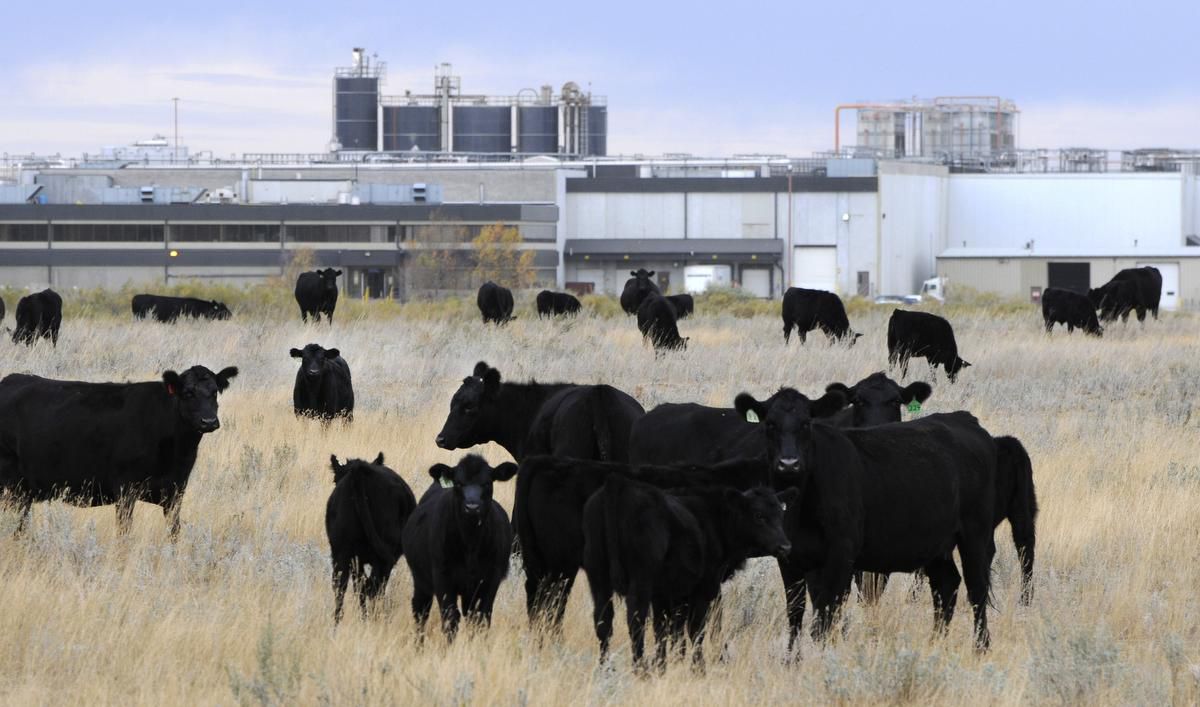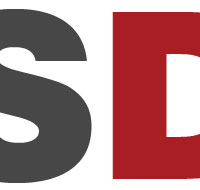Meat-plant shutdowns spread after Alberta cyberattack
A cyberattack on JBS SA, the world’s largest meat producer, has forced the shutdown of some of the largest slaughterhouses globally, and there are signs that the closures are spreading.
A JBS beef plant in in Brooks, Alberta, one of Canada’s largest, was shut down on Monday following the May 30 attack. A trade group said that all of the company’s slaughter operations in Australia had been halted. A number of plants in the U.S. and shifts have been cancelled, according to labour union representatives.
The prospect of more extensive shutdowns around the world is already upending agricultural markets and raising concerns about food security as hackers increasingly target critical infrastructure. Livestock futures slumped. In the U.S. alone, JBS accounts for almost a quarter of all beef capacity.
The world’s largest meat producer shut its North American and Australian computer networks after an organized assault on Sunday on some of its servers, the company said by email. Without commenting on operations at its plants, JBS said the incident may delay certain transactions with customers and suppliers.
The owner of Pilgrim’s Pride has closed meat processing facilities in Utah, Texas and Wisconsin and cancelled shifts at plants in Iowa and Colorado on Tuesday, according to union officials and employees. Union Facebook posts also said some kill and fabrication shifts in the U.S. have also been cancelled. JBS didn’t provide comment on U.S. plant closures, though the company said its Brazilian plants are operating normally.
Chicago cattle futures slumped as much as 3.5 per cent to the lowest levels since Jan. 12, before trimming losses to about 1.4 per cent. Lean hogs were narrowly lower. The potential slaughterhouse closures at JBS plants exacerbated an existing supply glut, with too many cattle than the capacity to process them.
The JBS attack had sidelined two shifts and halted processing at one of Canada’s largest meat-packing plants on Monday, and the company had cancelled all beef and lamb kills across Australia, according to industry website Beef Central.
JBS is the No. 1 beef producer in the U.S., accounting for 23 per cent of the nation’s maximum capacity compared to rival Tyson Foods Inc.’s 22 per cent share, according to an investor report by Tyson.
JBS USA’s beef and pork units and Pilgrim’s Pride had net revenue of about $40 billion (U.S.) in 2020, according to company filings. The division includes operations in U.S., Canada, Australia, New Zealand, Mexico, Puerto Rico and Europe.
Hackers now have the commodities industry in their crosshairs with the JBS attack coming just three weeks after the operator of the biggest U.S. gasoline pipeline was targeted. It’s also happened as the global meat industry battles lingering COVID-19 absenteeism after recovering from mass outbreaks last year that saw plants shut and supplies disrupted.
The cyber assault affected a Canadian beef plant in Brooks, about 190 km east of Calgary, on Monday, according to Scott Payne, spokesman for United Food and Commercial Workers Canada Union Local 401. The facility accounts for more than a quarter of the nation’s capacity, and according to a job ad, processes about 4,200 head of cattle a day.
A JBS packaging facility in Belleville, Ont., where beef, pork and salmon are prepared for grocery stores, was operating normally, said Tim Deelstra, a spokesman for UFCW Canada Local 175. In the U.S., the UFCW Local 7, whose membership includes 3,000 workers at JBS in Greeley, Colo., posted on Facebook that kill and fabrication shifts A and B had been cancelled for June 1.
Sao Paulo-based JBS owns facilities in 20 countries. Australia and New Zealand account for four per cent of the company’s revenue, while the U.S. represents 50 per cent and Canada three per cent, according to company fillings. The company also has operations in South America and Europe.
Backup servers were not affected, and the company is actively working to restore systems as soon as possible, according to a statement from JBS USA Monday. The processor said it’s not aware of any customer, supplier or employee data being compromised or misused.
A ransomware attack forced Colonial Pipeline Co. to stop the flow of fuel for several days in May, causing severe gasoline shortages.
The Australian Cyber Security Centre is providing technical assistance to JBS, while Agriculture Minister David Littleproud has said the government is working with international partners trying to trace, rectify and prosecute where possible, those who perpetrated the attack.
JBS is the largest Australian meat and food processor with a portfolio of beef, lamb, pork, and value-added branded products, according to its website. It exports to more than 50 countries and its Dinmore facility is the biggest beef plant in the southern hemisphere. On the domestic market, the Australian Meat Industry Council said there is no indication that the attack will have a major impact on red meat and pork products supply.
Loading…
Loading…Loading…Loading…Loading…Loading…
Still, the shutdown is a big concern for exports if it drags on, said Matt Dalgleish, manager of commodity markets insights at Thomas Elder Markets, noting Australia ships overseas about 70 per cent to 75 per cent of red meat products from sheep and cattle. There is a risk to worldwide supplies too.
“If it’s a short term scenario, just a week or something that they’re offline, then it’s probably just a minimal hiccup,” said Dalgleish. But “given the size of JBS globally, if they were offline for any more than a week, then we’re going to see disruption to supply chains for sure,” he said.







